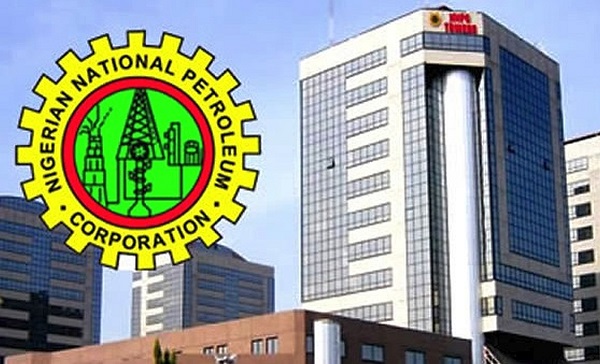This post has already been read 1197 times!
Nigeria’s oil output, including condensates, is on the upward swing despite an increase in sabotage attacks on production facilities, according to data released yesterday by the Nigerian National Petroleum Corporation (NNPC).
NNPC spokesman, Mr. Ndu Ughamadu, told S & P Global Platts that the country’s production hovered around 2.2 million barrels per day in the first week of August, compared with around 1.92 million per day a year ago.
He added that the country’s crude and condensate production has risen sharply in the past six months due to the start-up of the 205,000 barrels per day deepwater Egina field, which came online December 29.
The country pumped 2.1 million b/d and 2.05 million b/d of crude and condensate in June and July respectively, based on Platts estimates.
Ughamadu, however, said the steady growth in production was being threatened by a corresponding rise in cases of attacks on its network of oil pipelines.
“NNPC recorded a 77 per cent increase in cases of oil pipeline vandalism in its network of pipeline infrastructure in June 2019,” he said, adding that the company is collaborating with security agencies to secure the pipelines and other production facilities.
However, international oil companies (IOCs) have warned that escalating production costs due in part to security issues could threaten Nigeria’s bid to boost its oil output and reserves.
The companies, under the umbrella body of the Oil Producers’ Trade Group of the Lagos Chamber of Commerce and Industry (LCCI), said high costs were a major disincentive to investing in new projects.
“Nigeria ranks amongst the top 10 countries with the highest cost of producing oil and gas equivalents per barrel. Security costs are escalating as peculiarities of the business environment require additional resources be deployed to secure our people and assets,” Chairman of the group and Managing Director of ExxonMobil, Mr. Paul McGrath, told industry operators at the just-concluded national conference of the National Association of Energy Correspondents (NAEC).
The federal government has said it aims to sharply increase its crude oil production to three million b/d and reserves to 40 billion barrels by 2023, from around two million b/d and 37 billion barrels now.
But McGrath said the country needed globally competitive fiscal policy and legal framework to drive investment.
According to him, globally competitive fiscal policy, a robust legal framework and a healthy contract integrity culture are the panacea and key drivers to profitability and attracting huge investments in the oil and gas sector.
He said: “As at today, Nigeria is the largest oil producer in Africa and Nigeria’s hydrocarbon prospects are amongst the brightest today. However, there are fixes we must put in place if we aspire to maintain and expand the current investment profile in the Nigerian hydrocarbon industry.
“Nigeria’s oil and gas industry faces many challenges, which include reducing costs, poor functional refineries, downstream deregulation, transparency issues, crude theft, pipeline vandalism, pollution in the Niger Delta, Petroleum Industry Governance Bill (PIGB), fuel pricing, inadequate pipeline infrastructure, optimising the performance of industrial base assets and improvement of environmental footprint.
“Also, operating risks peculiar to Nigeria’s environment have continued to drive the costs of oil and gas projects in the country above the global benchmark.”
He added that Nigeria ranks among the top 10 countries with highest cost of producing oil and gas equivalents per barrel.
“High cost is a major disincentive to invest, especially at this time of considerable global competitiveness.
“Operating cost is increasing due to an attendant increase in required maintenance and well work-overs. Security cost are escalating as peculiarities of the business environment require that additional resources should be deployed to secure our people and assets,’’ he said.
[ThisDay]



